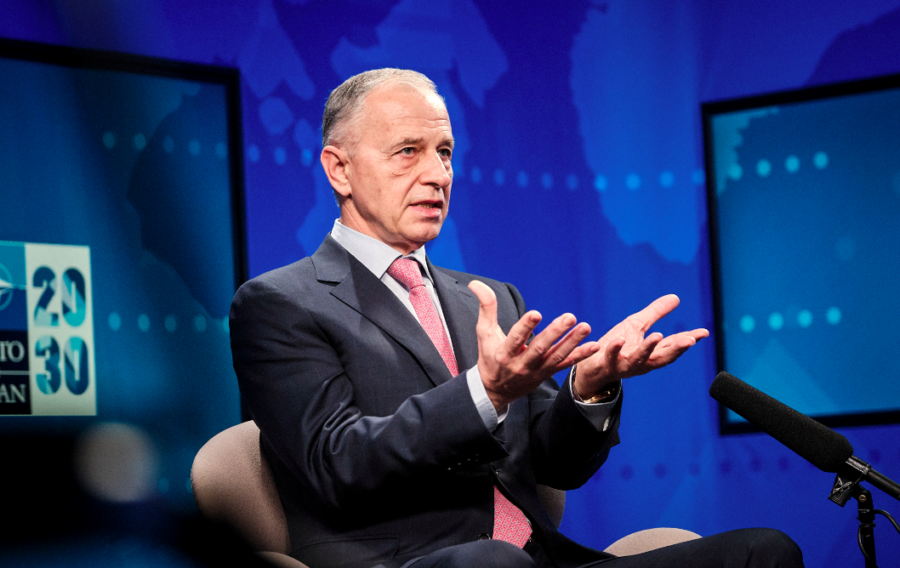
NATO Deputy Secretary General Mircea Geoană has said that NATO has to continue to compete in the battle space where conflicts are defined as much by bytes and big data as by bullets and battleships.
Speaking at the NATO-Private Sector Dialogue hosted by GLOBSEC, he noted that NATO is facing a technological race to implement and adopt new technologies. This also means having the right people, money and structures in place.
“The Coronavirus is often referred to as a black swan event. High impact, but highly improbable. Whereas emerging technology is more like a grey rhino. High impact and highly likely. We all see it coming. Ignoring it – it will be at our own peril,” Deputy Secretary General said. Mr. Geoană stressed that NATO, challenged by countries who do not share its values or play by the same rules, is ready and continues to adapt.
“Our open democracies, educational models – they all bring levels of creativity and disruption that other forms of government cannot. Large companies compete with start-ups to generate fresh thinking. This drives innovation, encourages healthy competition, and builds societal resilience,” he noted.
The Deputy Secretary General reminded that NATO leaders endorsed a roadmap on emerging and disruptive technologies last December. NATO also has a well-working network of over 6,000 scientists and engineers dedicated to integrating the most advanced technologies into NATO and Allied platforms.
The NATO 2030 Private Sector Dialogues with GLOBSEC seek to deepen the involvement of the private sector across the transatlantic sphere and in advancing NATO’s agenda, in the NATO 2030 spirit of widening public discussion of NATO’s current and future roles and future evolution.
image © NATO
If you would like to join our community and read more articles like this then please click here







